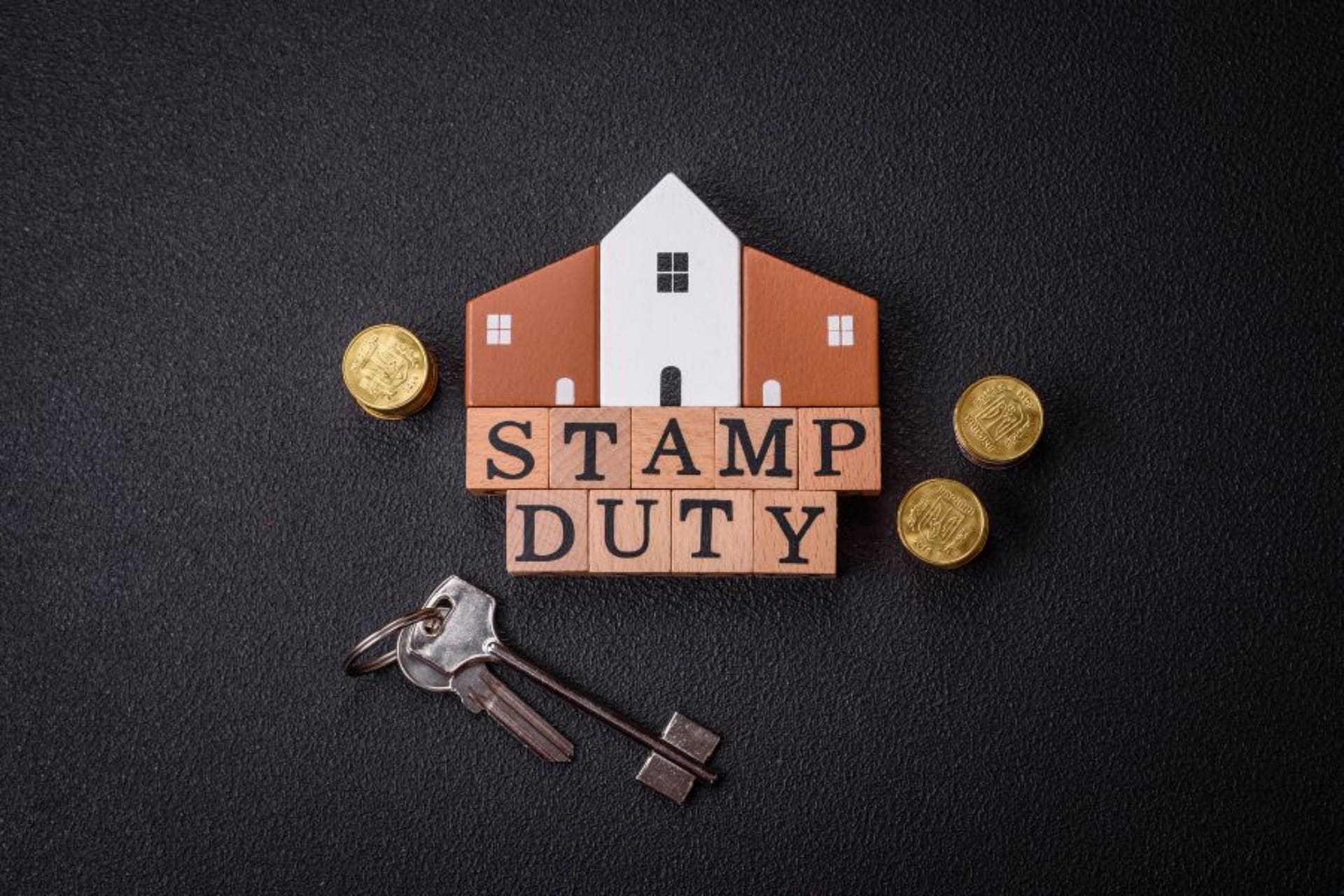Investing in distressed properties in Australia can be akin to finding a diamond in the rough. It’s a venture filled with potential gains and risks.
In one instance, an investor acquired a property in Sydney at 60% of its market value, turning a significant profit after renovations.
However, the journey is not without risks. Distressed properties, often underpriced due to financial hardship, foreclosure, or disrepair, present unique opportunities for those willing to navigate their complexities.
For an aspiring investor, these properties offer a chance to create value and yield high returns. Still, they also demand a keen eye for potential pitfalls and an understanding of market dynamics.
Table of Contents
ToggleStep 1: Understand the Australian Distressed Property Market
Definition and Characteristics
In the Australian real estate market, distressed properties are commonly those facing foreclosure, controlled by mortgagees after borrower default or part of deceased estates. Urgent sales often characterise these properties and they can be in varying states of condition, from well-maintained to needing significant renovations.
Contributing Factors
Distressed property sales are frequently the outcome of several key issues:
- Financial Hardship: Job loss, unexpected expenses, or economic downturns can lead to an inability to meet mortgage payments.
- Legal Complications: Disputes over property ownership, divorce proceedings, or other legal issues can force a property into a distressed sale.
- Maintenance Neglect: When properties aren’t adequately maintained, often due to financial constraints or absentee owners, they can enter the distressed market.
These factors culminate in properties being sold under pressure, often leading to advantageous opportunities for investors.
Also read: Step-by-Step Process for Buying a House in Installments in Australia
Potential Benefits
Investing in distressed properties can be highly rewarding, with benefits including:
- Below-Market Prices: Distressed sales often make properties available at prices lower than the market rate.
- Renovation Opportunities: Many distressed properties present the chance for adding value through renovations and improvements.
These aspects make distressed properties attractive for investors looking for quick equity gains or to expand their investment portfolio. However, it’s important to approach such investments with thorough research and a solid strategy to maximise potential benefits.
Step 2: Identify Sources of Distressed Property Listings
To successfully find distressed properties in Australia, a multifaceted approach is essential. Utilising online platforms dedicated to distressed properties, engaging with knowledgeable real estate agents, and contacting bankruptcy trustees can yield a wealth of listings.
Traditional sources such as newspapers, government auctions, and foreclosure notices can additionally be useful.
Networking within the real estate industry is invaluable, as it can unlock access to off-market deals that are not publicly advertised, offering unique and potentially lucrative investment opportunities.
Step 3: Conduct Thorough Due Diligence and Property Inspections
Thorough due diligence is a critical step in purchasing distressed properties. This involves delving into the property’s history, ensuring its legal standings are clear, conducting title searches, and assessing its structural integrity.
Moreover, engaging professional inspectors is essential to thoroughly evaluate the property’s condition. They can pinpoint necessary repairs, assess safety compliance, and provide accurate valuations, which are key for making informed investment decisions and ensuring the long-term viability of the property.
Also read: 10 Tips on Buying Your First Investment Property in Australia
Step 4: Develop a Comprehensive Business Plan and Financial Projections
Developing a comprehensive business plan is pivotal for success when it comes to distressed property investment. Key components should include:
- Investment Strategy: Define your objectives and how you plan to achieve them.
- Renovation Plans: Detail the scope and budget of any necessary property improvements.
- Rental Projections: Estimate potential rental income if the property is to be leased.
- Exit Strategies: Plan for the eventual sale or other disposition of the property.
A well-thought-out business plan sets a clear roadmap for your investment journey, ensuring focused and strategic decision-making.
Financial Projections
Creating detailed financial projections is crucial in tandem with a solid business plan. This includes preparing income statements to forecast revenues and expenses, performing cash flow analyses to understand the liquidity of the investment over time, and calculating the return on investment (ROI) to gauge the project’s profitability.
It’s advisable to seek professional property advice from a well-versed conveyancer to ensure these projections are realistic and align with your overall investment strategy. This approach not only helps in securing financing but also plays a crucial role in long-term investment success.
Step 5: Renovate, Refurbish, and Transform the Property
Renovating distressed properties requires a strategic approach to maximise their value. Effective budgeting is essential to control costs, while efficient project management is key for timely completion.
Hiring reliable and experienced contractors can make a significant difference in the quality and efficiency of the renovation work. Additionally, compliance with building codes and obtaining the necessary permits are critical to ensure that renovations are legal and safe.
Focusing on renovations that significantly enhance the property’s value, such as updating kitchens and bathrooms or improving curb appeal, can lead to a higher return on investment and make the property more attractive to potential buyers or renters.
Step 6: Market and Lease the Property Effectively
To maximise returns on a distressed property, effective marketing and tenant management are key. Utilise targeted advertising and professional photography to showcase the property’s best features and attract high-quality tenants.
Competitive pricing is also vital to remain attractive in the market. Thorough tenant screenings are crucial for maintaining property standards and ensuring reliable rental income.
Additionally, consider employing professional property management services to handle day-to-day operations, relieving you of the operational burdens while ensuring the property is well-maintained and tenants are satisfied.
Step 7: Monitor Performance and Manage Risks
Ongoing performance monitoring is essential in the investment journey. Regularly reviewing rental income, expenses, and maintenance needs helps make informed decisions to maximise profitability.
Risk management is another critical aspect, including investing in tenant and property insurance and conducting regular property inspections to mitigate potential issues.
Furthermore, seeking professional advice from property managers, real estate agents, and financial advisors can provide insights and strategies for optimal return on investment and risk mitigation.
Final Thoughts
Investing in distressed properties in Australia is a venture that requires detailed research, thorough due diligence, and strategic planning. The path may be risky, but the potential rewards can be substantial.
Armed with the right knowledge and guided by professional advice, investors can adeptly navigate the complexities of this investment landscape.
By turning potential distress into success, investors can achieve significant gains, making distressed property investment a lucrative component of their investment portfolio.
How to Buy Distressed Property in Australia?
Interested in distressed properties in Australia? Let CJC Law guide you. We simplify the complex process, ensuring you understand every step.
From legal checks to negotiation tactics, we’re your trusted partner.
With CJC Law, you get the best deals and legal assurance. Invest in distressed properties confidently. Start your journey with CJC Law for expert legal support and unmatched insights.




